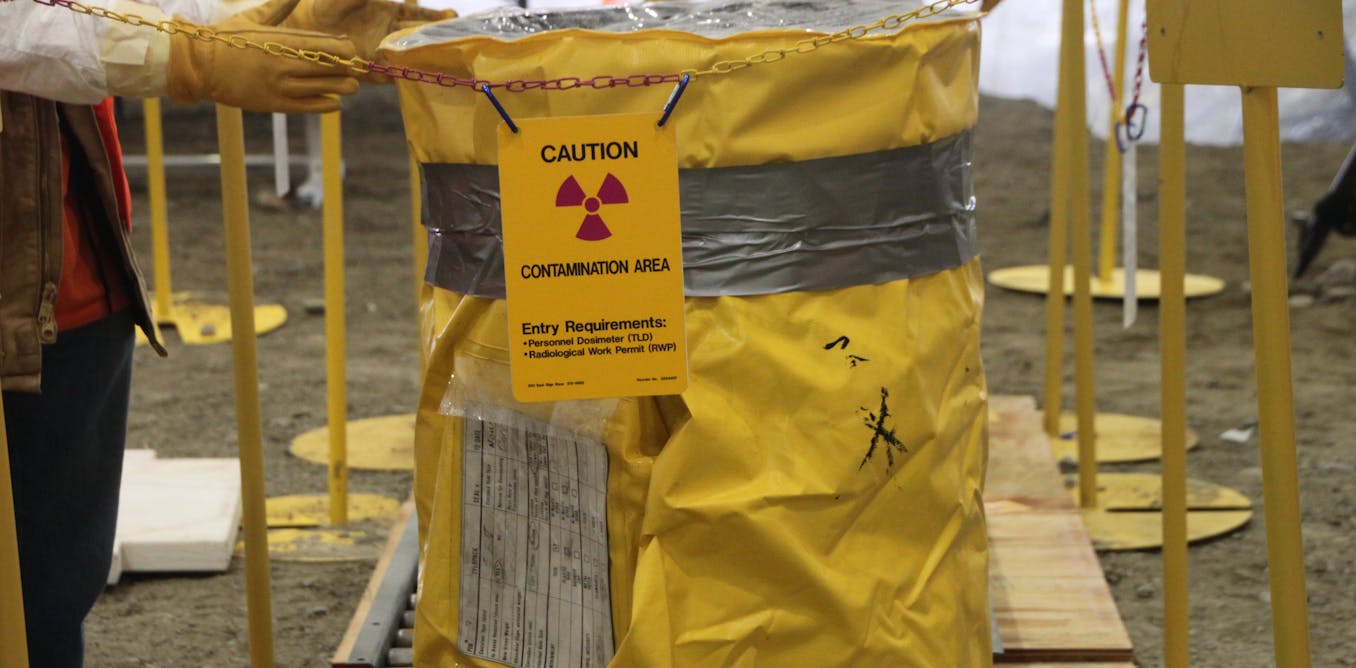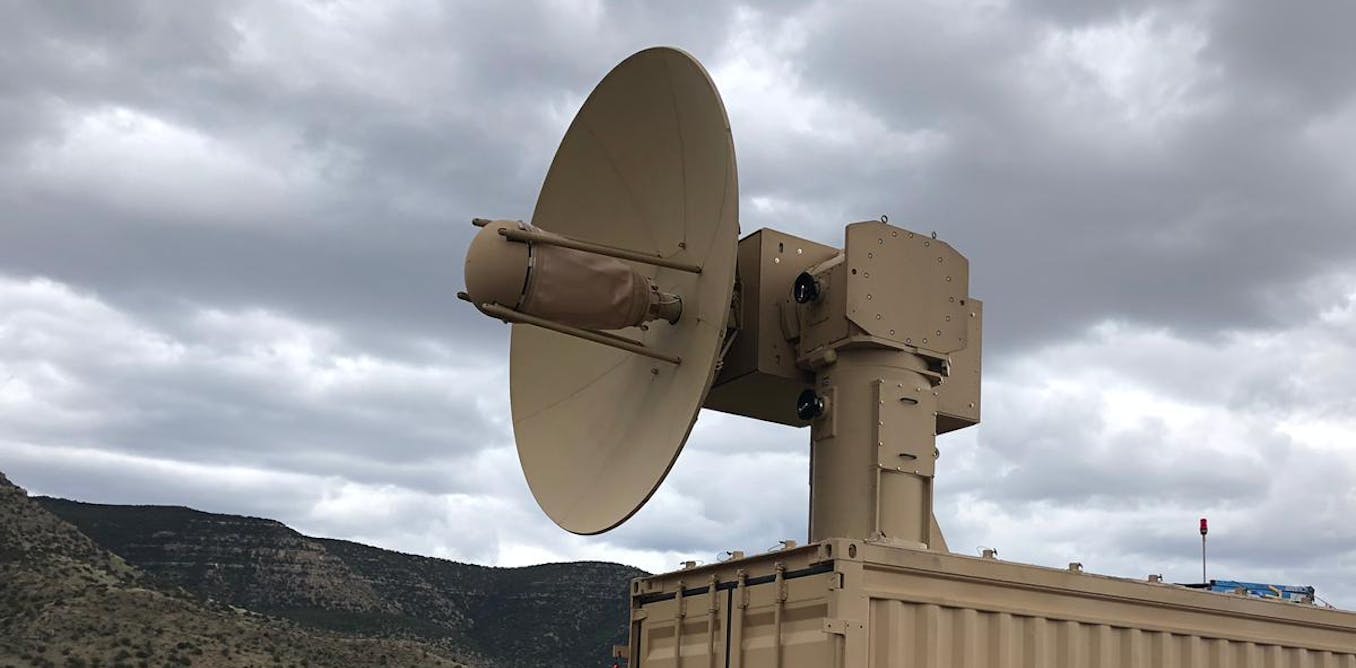The nuclear arms race's legacy at home: Toxic contamination, staggering cleanup costs and a culture of government secrecy
Nuclear weapons production and testing contaminated many sites across the US and exposed people unknowingly to radiation and toxic materials. Some have gone uncompensated for decades.
Aug. 1, 2023 • ~10 min
David Bowie and the birth of environmentalism: 50 years on, how Ziggy Stardust and the first UN climate summit changed our vision of the future
In June 1972, the first United Nations conference on the human environment coincided with the release of David Bowie’s iconic Ziggy Stardust album. Both still feel disturbingly relevant today
May 23, 2022 • ~21 min
Disinformation is spreading beyond the realm of spycraft to become a shady industry – lessons from South Korea
Disinformation is being privatized around the world. This new industry is built on a dangerous combination of cheap labor, high-tech algorithms and emotional national narratives.
Nov. 15, 2021 • ~9 min
Australia, fighting Facebook, is the latest country to struggle against foreign influence on journalism
The battle between media companies and foreign governments over who controls the news dates back some 150 years, to when European and US wire services dictated the world's headlines.
Feb. 19, 2021 • ~10 min
Scientists suggest US embassies were hit with high-power microwaves – here's how the weapons work
High-power microwave weapons are useful for disabling electronics. They might also be behind the ailments suffered by US diplomats and CIA agents in Cuba and China.
Dec. 10, 2020 • ~8 min
The International Space Station at 20 offers hope and a template for future cooperation
Humans have been living on the International Space Station for two full decades. So what comes next for this ailing technology, and what does it mean for future International ventures in space?
Nov. 4, 2020 • ~7 min
Disinformation campaigns are murky blends of truth, lies and sincere beliefs – lessons from the pandemic
Many people who participate in disinformation campaigns are unwitting accomplices and much of the information they spread is accurate, which makes it all the harder to identify the campaigns.
July 23, 2020 • ~10 min
/
1







